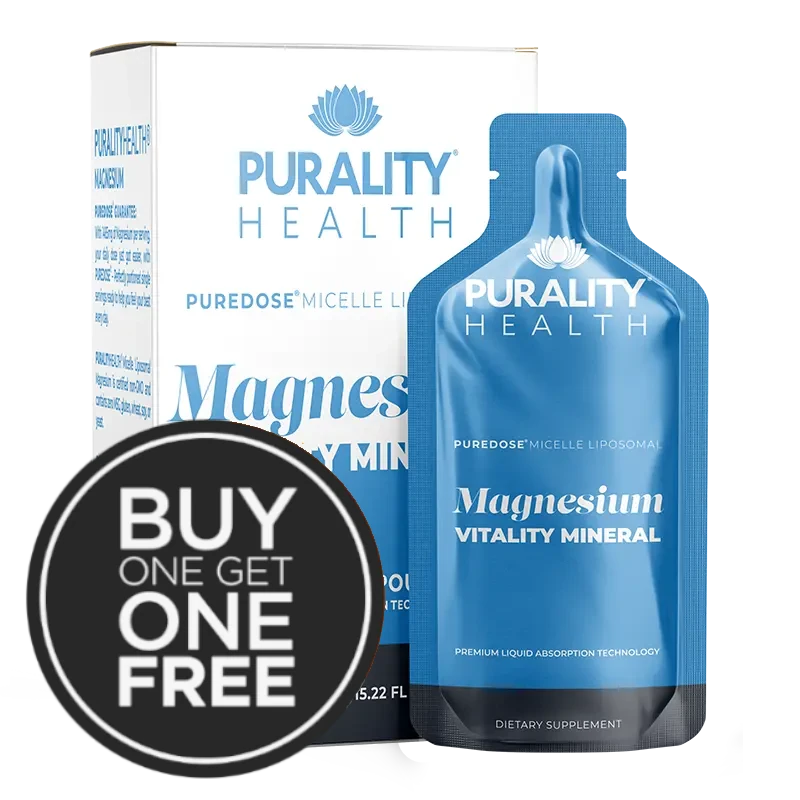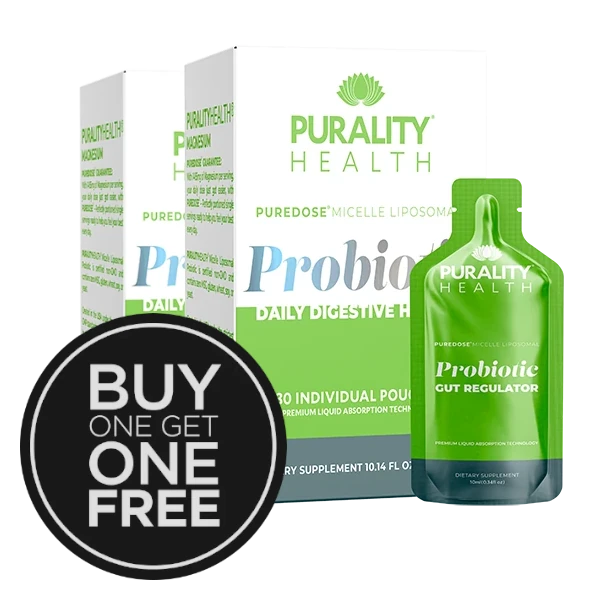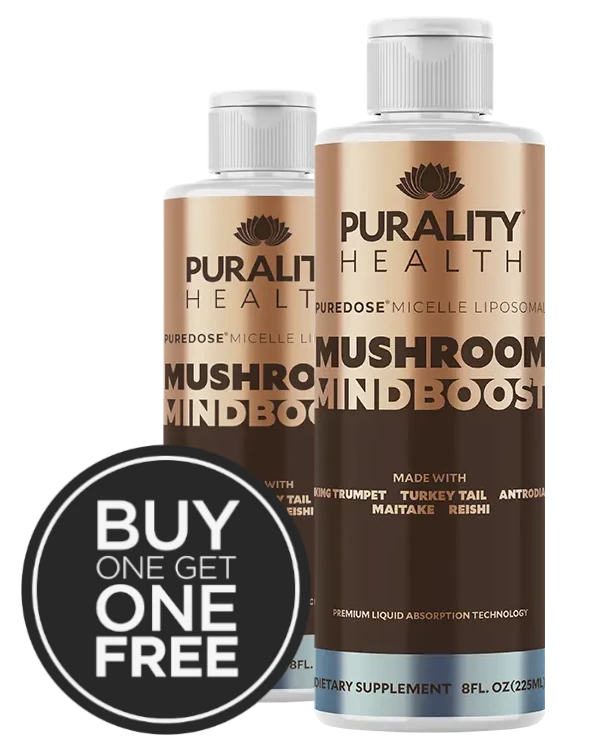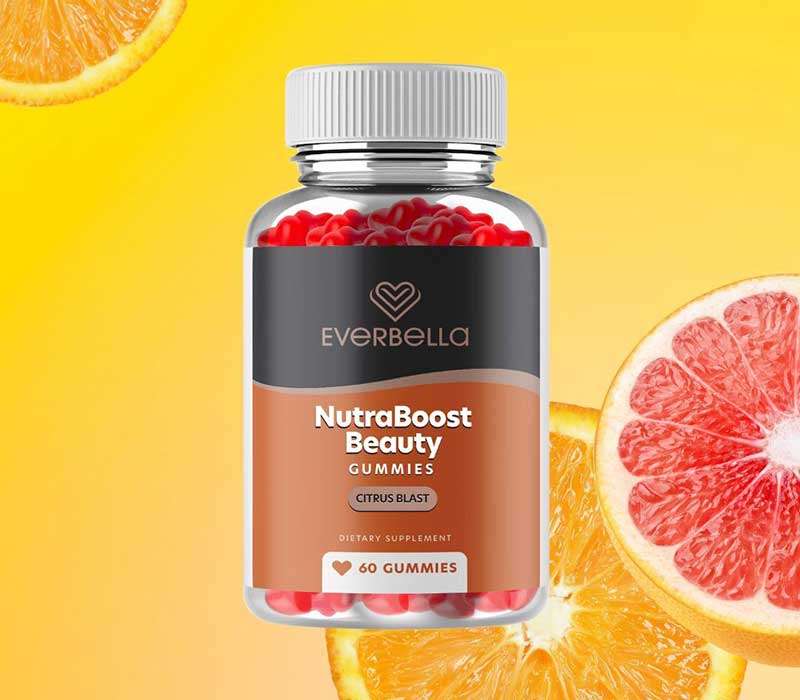7 Health Benefits Of Dark Chocolate (Backed By Science)
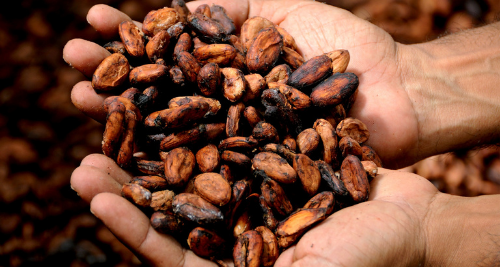 All too often, when people think of chocolate, they think of an unhealthy junk food. While this may be true for some candy bars that use processed chocolates or additives, it certainly isn’t the case for others.
All too often, when people think of chocolate, they think of an unhealthy junk food. While this may be true for some candy bars that use processed chocolates or additives, it certainly isn’t the case for others.
This is due to what chocolate is mainly made of, cacao. Cacao, which refers to the seeds of the cacao tree, is processed with heat into cocoa, which is then made into chocolate. Cacao is loaded with nutrients and is one of the best sources of antioxidants that you can find.
While dark chocolate contains the highest amount of cocoa, milk chocolate can contain some as well. The benefits in the following list mainly focus on cocoa, so the degree of benefits you’ll get from your chocolate depends on how much cocoa it contains.
1. Packed with nutrition
Dark chocolate, which is high in cocoa, contains plenty of nutrients. It also has plenty of soluble fiber and is loaded with minerals.
For reference, A 100-gram bar of dark chocolate with 70–85% cocoa contains:
- 11 grams of fiber
- 67% of the daily value for iron
- 58% of the daily value for magnesium
- 89% of the daily value for copper
- 98% of the daily value for manganese
Additionally, it has high levels of potassium, phosphorus, zinc, selenium, and healthy fats. [1]
That being said, 100-grams of chocolate is a lot. That would be roughly 600 calories and likely more sugar than you want in one sitting. For this reason, it’s best to have it in moderation. But when you do indulge in some chocolate, it’s good to know that it’s benefiting your health.
Just keep reading to find out how!
2. An amazing source of antioxidants
Antioxidants neutralize free radicals – unstable atoms in the body that can cause damage to the cells, promoting chronic inflammation, and subsequently a large list of diseases.
Tests have shown that cacao tops all foods in antioxidant quantity, topping even red wine, green tea, and goji berries! [2, 3]
Other tests have shown that it has not just more antioxidants, but higher quantities of other compounds like polyphenols and flavonoids than fruits like blueberries! [4]
Because of their high antioxidant profile, cocoa and chocolate that contains higher amounts of it can reduce inflammation, lower the risk of disease, support healthy aging, and promote the health of the heart, brain, and eyes.
3. Promotes healthy blood flow
The endothelium is a thin membrane which lines the interior of the blood vessels. One of its main functions is to control vascular relaxation and contraction.
The flavanols in dark chocolate can stimulate these cells to lower the resistance to blood flow, reducing blood pressure. Many studies on chocolate and cacao demonstrate this. [5, 6, 7, 8]
Though, it’s worth noting that those studies only showed mild improvement, while one study found no change in those with high blood pressure, so it’s a bit of a mixed bag and further research is needed. [9]
4. Supports cardiovascular health
In addition to the heart-healthy antioxidants and nutrients that cocoa contains, chocolate can support the cardiovascular system in other ways.
LDL cholesterol is the bad cholesterol. It has this reputation because it can build up in the arteries, clogging them.
Sometimes this LDL can become oxidized, meaning it’s been impacted by free radicals. This means that the LDL particle is reactive and can cause damage to the arteries within your heart.
Thankfully, there’s chocolate. Plenty of research has shown that many of cacao’s powerful antioxidants make it into the bloodstream where they significantly decrease this oxidized LDL and protect cells within the bloodstream against oxidative damage. It has also shown to reduce overall LDL levels and increase levels of HDL, the good cholesterol. [10, 11, 12, 13]
5. May reduce risk of heart disease
As mentioned above, chocolate is beneficial for cardiovascular health. But we wanted to dedicate a number on today’s list specifically to heart disease and related studies.
We discussed how cocoa can lower LDL cholesterol levels, including oxidized LDL. This alone can reduce the risk of heart disease.
Another way that chocolate can promote a healthy cardiovascular system is through its flavanols. These compounds reduce insulin resistance, a well-known risk factor for heart disease and diabetes. [14, 15, 16]
However, sugar can have an opposite effect, so be aware of how much sugar the chocolate you’re eating contains.
The research surrounding chocolate and heart disease is plentiful and can be impressive.
A study involving 470 older men found that cocoa intake reduced the risk of heart disease by 50% over 15 years. [17]
Another study showed that eating chocolate at least twice per week lowered the risk of calcified plaque in the arteries by 32%. [18]
Yet another study revealed that eating dark chocolate five or more times per week lowered the risk of heart disease by 57%. [19]
And a clinical trial from 2017 found that those who ate chocolate covered almonds with or without dark chocolate had improved LDL cholesterol levels. [20]
Don’t forget how amazing almonds are for your health, too! Click here to read our blog “7 Science-Backed Health Benefits Of Almonds”.
6. Supports skin health
Your skin is vulnerable to environmental factors, including the harmful UV rays from the sun (ie, sunburns).
Thankfully – once again – there’s chocolate! 
The flavanols within chocolate have been shown to protect against sun damage, improve blood flow to the skin, and improve skin hydration and density. [21]
Other studies have demonstrated the protective ability of flavanol-rich dark chocolate. The minimal erythemal dose (MED) is the minimum amount of UV rays required to cause redness in the skin 24 hours following exposure. One study found that consuming dark chocolate for 12 weeks more than doubled the MED. [22]
Of course, you should still do the usual stuff – wear sunscreen, stick to the shade, and stay hydrated – but it’s always nice to have that extra protection.
On top of this protection, one high-quality study found that daily consumption of a cocoa beverage over a 24 week period showed significant improvements in skin elasticity and facial wrinkles compared to those in the control group. [23]
7. Boosts brain health
You’re probably already sold on having a chocolate bar. But we’ve got one more benefit to share with you: dark chocolate may improve cognitive function.
One study done in healthy adults found that consuming cocoa high in flavanols for just five days increased blood flow to the brain. [24]
Research has found that cocoa may greatly improve brain function in older adults experiencing a decline. [25]
On top of that, chocolate contains small amounts of stimulants like caffeine and theobromine, which may offer a short-term boost to cognition. [26]
So, what do you say?
Did we convince you to have some chocolate? Or, at the very least, make you feel a bit better about having some?
Just remember, chocolate is high in calories, some types of chocolate can be high in sugar, and others can be overly processed. To get the best benefits, look for dark chocolate, or cacao nibs or powder.
Antioxidants
As you’ve seen from this article, antioxidants are key to a healthy lifestyle.
Did you know that vitamin C is one of the most powerful antioxidants out there?
It’s true!
This is because of its uniqueness in how it reacts to the systems of your body.
>>> Click here to learn just how impactful it can be
References and resources:
- https://nutritiondata.self.com/facts/sweets/10638/2
- https://www.sciencedaily.com/releases/2003/11/031106051159.htm
- https://www.sciencedirect.com/topics/nursing-and-health-professions/oxygen-radical-absorbance-capacity
- https://bmcchem.biomedcentral.com/articles/10.1186/1752-153X-5-5
- https://pubmed.ncbi.nlm.nih.gov/14654748/
- https://pubmed.ncbi.nlm.nih.gov/17420419/
- https://pubmed.ncbi.nlm.nih.gov/22301923/
- https://pubmed.ncbi.nlm.nih.gov/17609490/
- https://pubmed.ncbi.nlm.nih.gov/20823377/
- https://pubmed.ncbi.nlm.nih.gov/17513403/
- https://pubmed.ncbi.nlm.nih.gov/11684527/
- https://pubmed.ncbi.nlm.nih.gov/11235000/
- https://pubmed.ncbi.nlm.nih.gov/10917931/
- https://pubmed.ncbi.nlm.nih.gov/26983749/
- https://pubmed.ncbi.nlm.nih.gov/16027246/
- https://pubmed.ncbi.nlm.nih.gov/18716168/
- https://pubmed.ncbi.nlm.nih.gov/16505260/
- https://pubmed.ncbi.nlm.nih.gov/20655129/
- https://pubmed.ncbi.nlm.nih.gov/20858571/
- https://www.ahajournals.org/doi/full/10.1161/JAHA.116.005162
- https://pubmed.ncbi.nlm.nih.gov/16702322/
- https://pubmed.ncbi.nlm.nih.gov/19735513/
- https://pubmed.ncbi.nlm.nih.gov/26581682/
- https://pubmed.ncbi.nlm.nih.gov/16794461/
- https://pubmed.ncbi.nlm.nih.gov/22892813/
- https://pubmed.ncbi.nlm.nih.gov/15549276/









